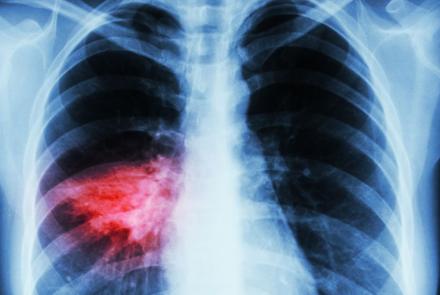If you’re about to head to college, many lifestyle changes await you. Most likely one of them is having a huge array of food surrounding you at every meal in the dining hall. If you’re not careful, this could lead to gaining the dreaded “Freshman 15.” But gaining weight isn’t inevitable if you are thoughtful in your food and exercise choices, says Natasha Ferguson, M.D., primary care physician at Highland Medical, Pearl River Medical Associates in Pearl River, NY.
“Freshman college students who are used to certain foods at home can gain weight when they’re faced with abundant food that’s starchy,” Dr. Ferguson said. “They’re also likely to face stress, and want to eat and drink things that make them feel good.”
Getting started with a healthy college diet should start even before a student heads off to school, she said. “Parents can have a discussion at home about how to make good food choices, such as including a good protein source at every meal and choosing healthy snacks.”
Go-To Meal Choices
Start the day with a healthy breakfast that includes protein, such as eggs and turkey sausage, along with some fruit, Dr. Ferguson advises. “Protein will keep you full for longer,” she said.
The salad bar is a great choice for lunch and/or dinner. Choose:
- Veggies including lettuce, carrots, broccoli, radishes, bell peppers, tomatoes, onions, mushrooms and cucumbers
- Protein such as shrimp, chicken breast, turkey and tofu
- Beans such as chickpeas, pinto, kidney, black or edamame. These options can be high in fiber and a good source of protein.
- Or a grain such as couscous, quinoa, barley or brown rice
Be careful with croutons, fried onions or bacon bits, which add calories without any nutrients. If you want texture, add crunchy raw veggies and slivered almonds.
Avoid creamy dressings, such as blue cheese, Caesar or ranch. Whatever dressing you add, keep it to about two tablespoons or less.
If you’re not going for the salad bar, choose a protein, vegetables and a small portion of carbs such as quinoa, rice, potato or sweet potato.
For beverages, skip the soda and have water or plain seltzer (add your own lemon or lime for a little flavor).
For a mid-afternoon or study-time snack, think of fruit, 100-calorie snack bags, or a small amount of popcorn (don’t make a huge bag for just yourself).
For Vegans and Vegetarians
Creating a healthy diet at college can be more challenging for vegans and vegetarians. It can be tempting to eat more carbs in place of animal protein. But there are plenty of healthy protein options that fit into a vegan or vegetarian diet.
For a vegan diet these include:
- Beans, lentils or edamame
- Tofu or tempeh
- Grains (oats, barley or quinoa)
- Green peas
- Nuts and seeds
- Soy milk
For vegetarians, good protein sources include those listed for a vegan diet, plus:
- Eggs or egg whites
- Dairy products (such as cottage cheese or plain Greek yogurt – add fruit for some extra flavor)
In general, Dr. Ferguson advises aiming for a diet that is 80% “whole” or unprocessed foods – such as vegetables, fruits, whole grains or skinless chicken breast. “These are foods that aren’t dipped in sauce or fried,” she said. “The other 20% can be what you indulge in on weekends. College students are young, and they’re allowed to splurge on food and drink they enjoy, but it shouldn’t be an everyday thing. Just be conscious of what and how much you’re eating.”
Get Moving
Finally, adding exercise to your daily routine is good for both reducing stress and avoiding weight gain, Dr. Ferguson said.
Ideas to incorporate exercise into your college routine include:
- Bike or walk to class, the library or store
- Choose a dining hall on the far side of campus
- Take the stairs
- Use the college gym – use a stationary bike or treadmill, swim or take a yoga class
“Find an activity you enjoy,” Dr. Ferguson said. “The more you like it, the more likely you are to do it regularly.”






